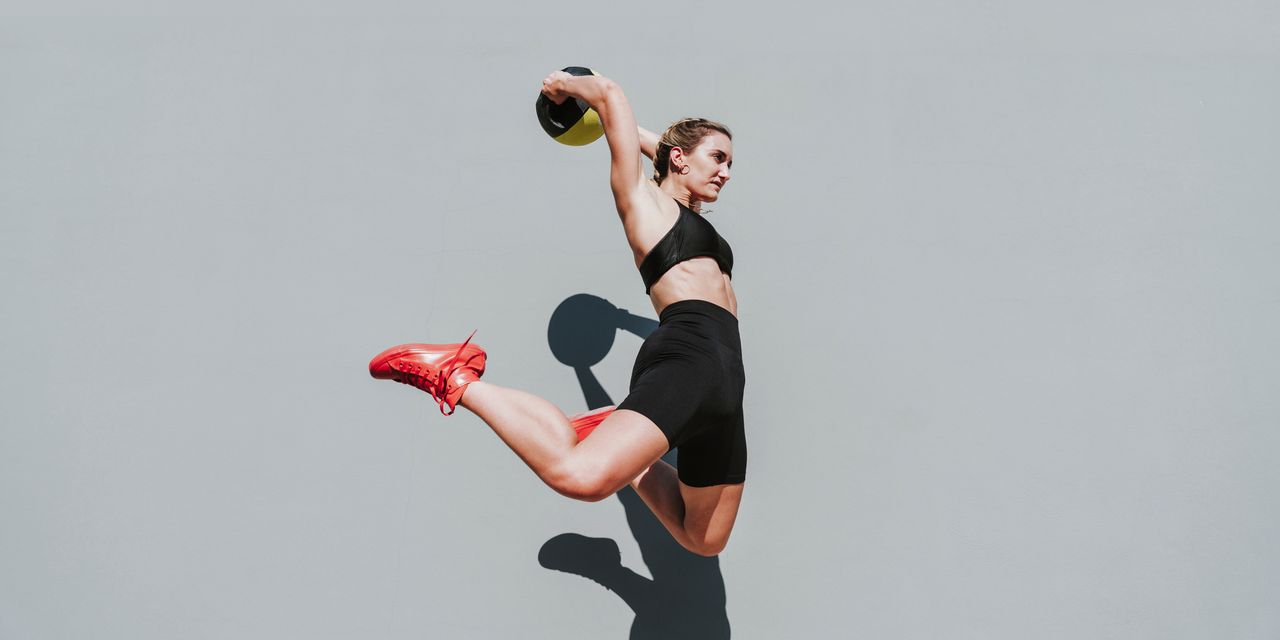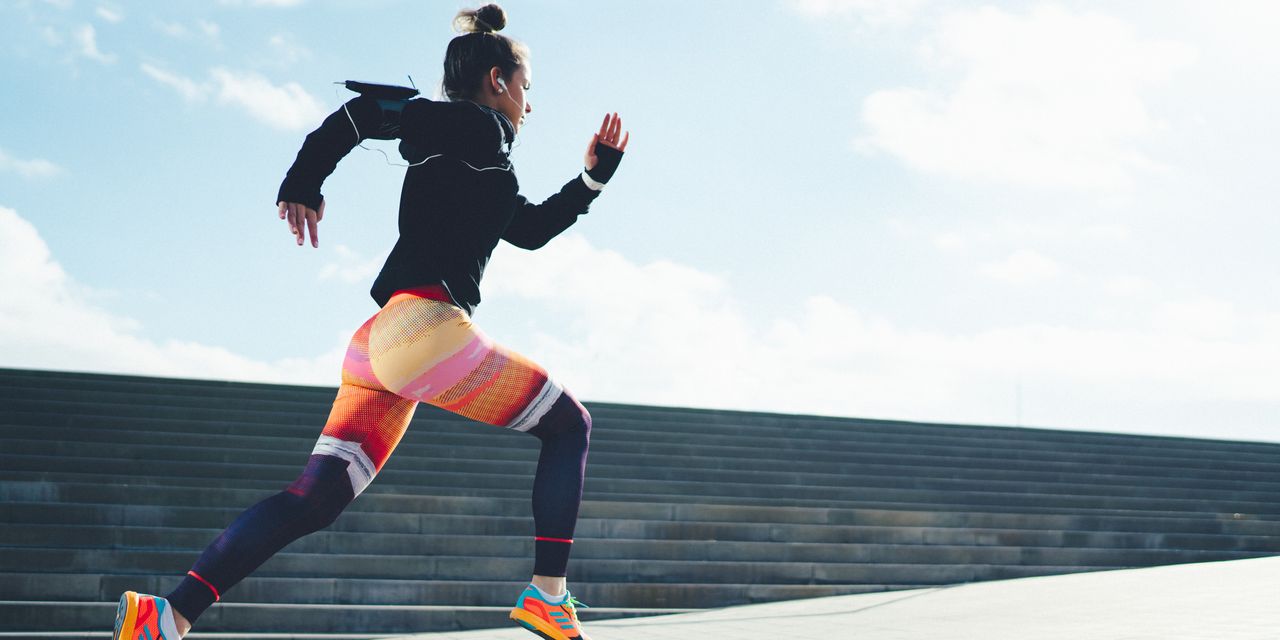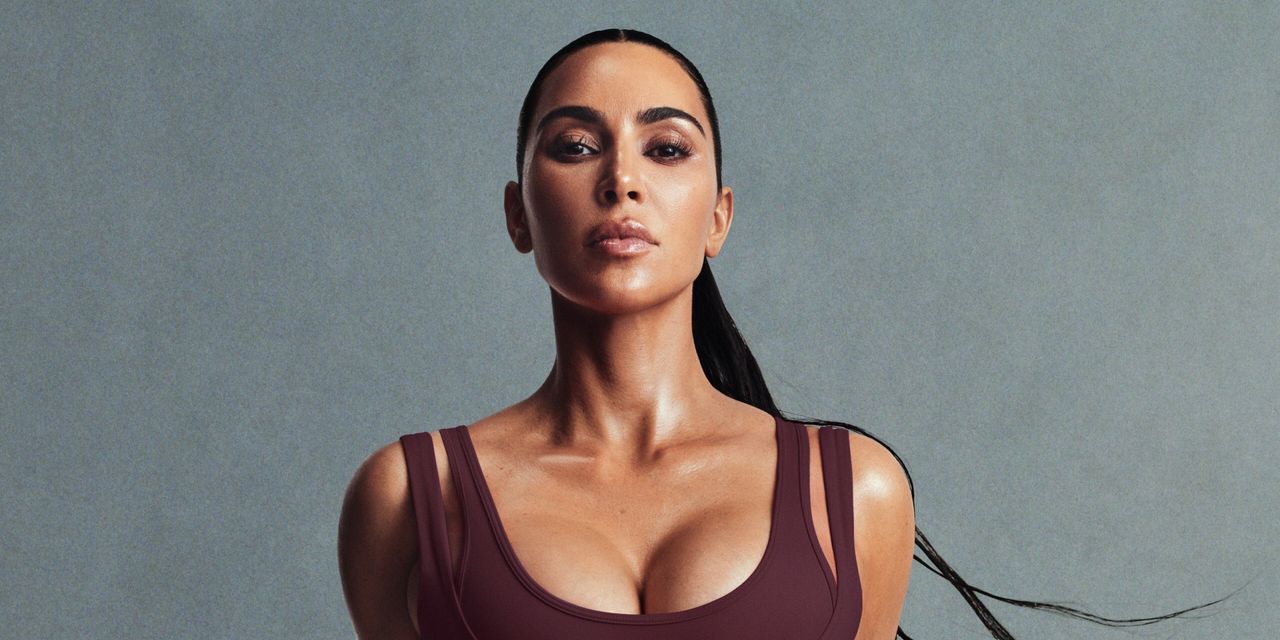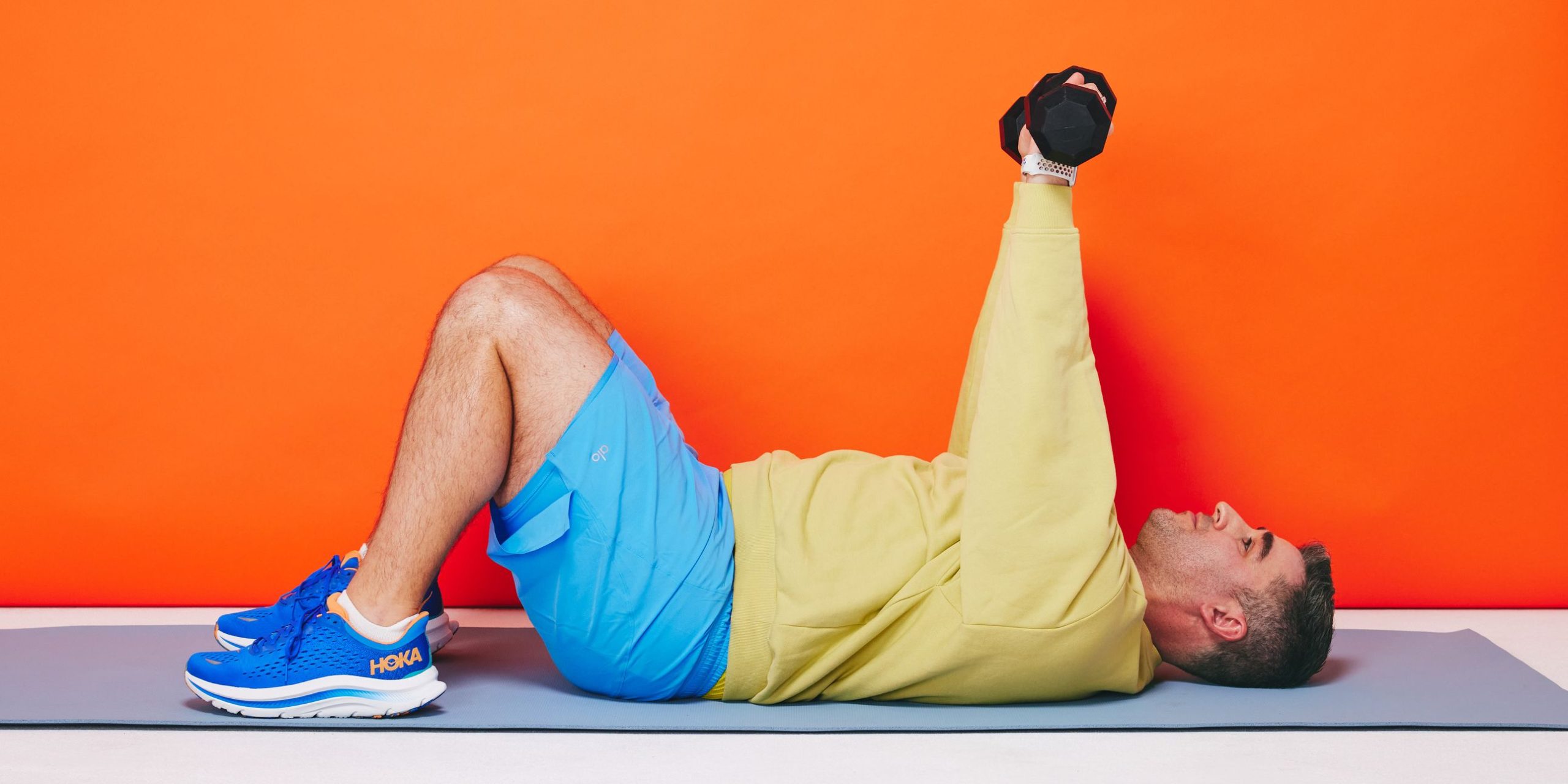Why Do I Sometimes Sob Right in the Middle of My Peloton Workout!?
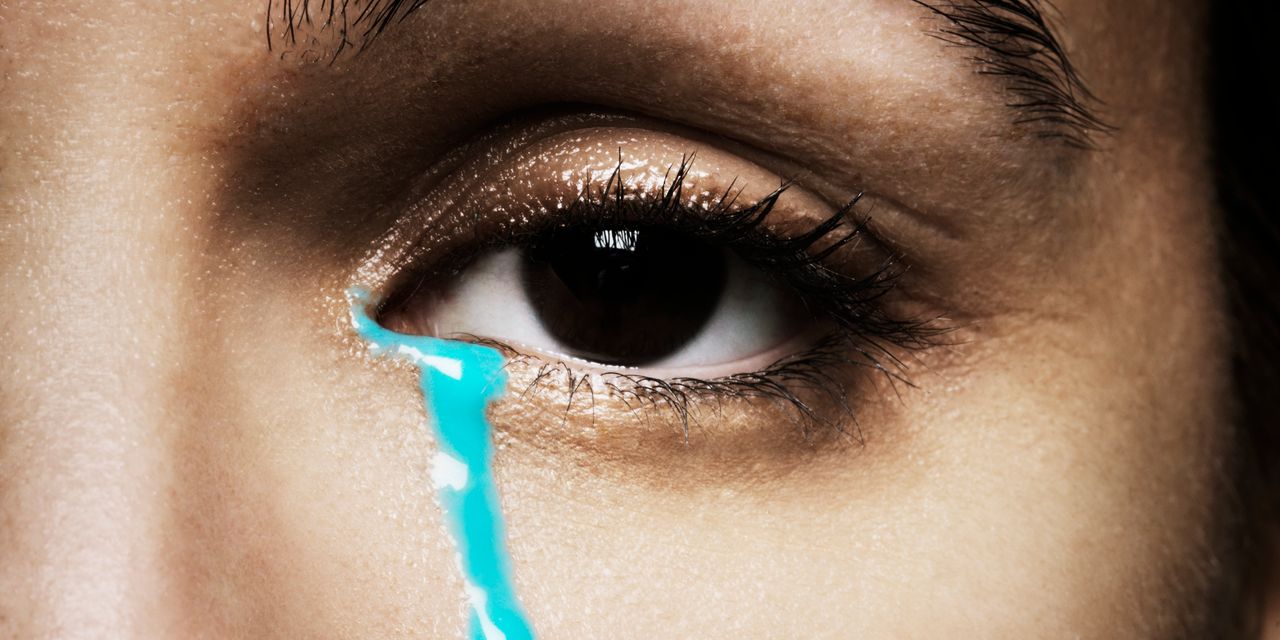
And remember: Sadness is far from the only emotion that can cue crying. Having a good time can trigger tears of joy, for example, and accomplishing something difficult, like pro cyclist Christian Vande Velde’s killer race simulations can make you tear up (as can finally crushing a huge work goal, too!).
The coaching, music, and community vibe make Peloton a feels-fest.
Now, there’s clearly something unique about Peloton because I regularly jog, bike, and hike and rarely, if ever, choke up during those activities. On Reddit, people speculate that the empowering music, supportive coaching, and team environment featured in Peloton’s workouts bring out the feels—and they’re onto something.
Let’s start with music, since that’s a biggie. All the different tempos, rhythms, and beats naturally invoke emotions. An upbeat jingle will hype you up, for example, while a melodramatic tune will make you feel more contemplative. Furthermore, we often tie specific emotions to songs based on past experiences. For example, I used to play Stefani’s “Cool” when I was in high school, and when it came on during the ride, memories driving around my hometown popped into my head and I instantly became super nostalgic for a care-free, simpler time in my life. That made me misty-eyed in class!
Additionally, many of the songs played in Peloton’s classes have empowering and emotionally-charged themes—the lyrics encourage you to be strong and overcome challenges. As Dr. Donohue told me, “there may be emotions in the songs and lyrics that people identify with.” The words and messages—which often address themes like love, grief, and empowerment—can push you to explore and process complicated concepts and emotions in your own life. No wonder so many people lost it during Christine D’ecorle’s P!nk ride that was jam-packed with tunes tackling topics like courage, individuality, and vulnerability.
To add fuel to the fire, the instructors are incredibly supportive. During brutal climbs and grueling sprints, they say things like, “I see you” and “get rid of what you don’t need.” Occasionally, the coaches encourage you to be introspective and sit with your emotions—shout out to D’ercole’s reflection rides. Even your coach’s facial expressions, which are heavily featured on Peloton, can impact your mood state (thank you, Robin Arzón, for nailing the smiles).
Jenny Shields, PhD, a clinical health psychologist and founder of Shields Psychology & Consulting, tells SELF that coaches create a safe, trusted space with their positivity and encouragement—a concept called “unconditional positive regard.” Essentially, your coach provides complete support, acceptance, and encouragement, regardless of what you’re doing. “That external permission to be vulnerable is often all it takes” to crack open emotionally, she says.
Finally, Peloton—like other group workouts—has a powerful community. The classes are inclusive and welcoming. I get and give little virtual high-fives to other riders and love seeing the profile pictures of the athletes I rank next to. In a weird way, I feel connected to these people, even though they’re nothing more than avatars. Dr. Shields says the feeling of moving in sync with a group taps into your primal need to belong. “That surge of shared energy reminds you that you aren’t alone in your struggle, which can be intensely moving,” she says.
Here’s how to ride that emotional release.
You may be wondering if it’s a red flag to weep during your Peloton sessions. The truth: No, not at all! Dr. Shields recommends leaning into your emotions because “what we resist, persists.” Plus, working out can actually help you process your emotions and problem solve, adds Dr. Donohue.

